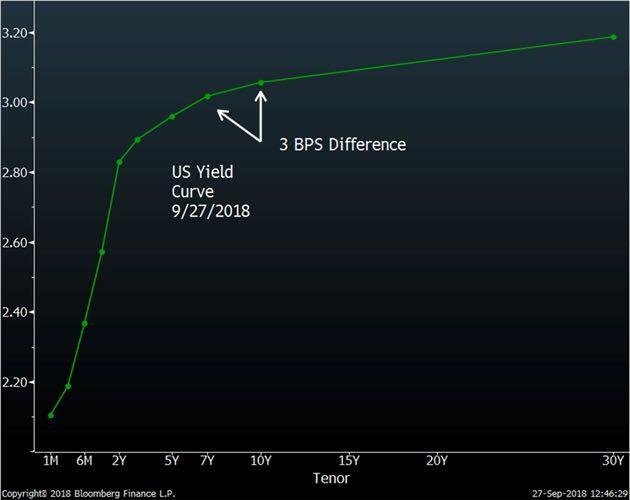Large-scale financial crisis events are both rare and extreme. You only see them once or twice a decade, if that. Because of this low frequency, they are like earthquakes or tsunamis. They violently shake up (or temporarily destroy) the existing order.
When this happens, just a handful of “safe haven” assets tend to be attractive. Investor capital flows into a very short list of shelter items: Stuff like government bonds, money market funds, and gold.
The brewing debt crisis is global because, in the aftermath of 2008, the whole world doubled down on debt as a means of bailing itself out. Global central banks moved trillions of dollars onto their balance sheets as they slashed interest rates to zero. Across the planet, debt levels exploded as rates fell to their lowest levels in 5,000 years.
As a result of central bank actions, the old saying “cash is trash” took on a whole new meaning.
If central banks lose what Ben Hunt calls “the narrative,” then it is all over but the shouting. Right now, in central banks we trust. And in my opinion, the Federal Reserve is making a massive mistake in both raising rates and reducing their balance sheets at the same time. They’re going to lose control of the narrative.
We’re going to see quantitative easing in our future on a scale that will shock everybody.
Remember I said it. You heard it here first.
And Trump throws in the uncertainty of tariffs and a trade war with China.
Better look into your safe assets and mind your hedges... 
An inverted yield curve has predicted the last several recessions in the US.
Congratulations @kuching! You have completed the following achievement on the Steem blockchain and have been rewarded with new badge(s) :
Click on the badge to view your Board of Honor.
If you no longer want to receive notifications, reply to this comment with the word
STOPDo not miss the last post from @steemitboard: